|
Construction before 'Seafood Chowder on July 1st. - Today heavy equipment began repair of the damage from Hurricane Dorian.The sea wall will be restored and improved, and the boardwalk and ramp will be put back together. Just in time for July 1st, when we will have fundraiser selling seafood chowder at the Lobster Factory. Let us know if you are interested in buying tickets for this noon event next Wednesday. Stay tuned for updates how to buy your ticket.
0 Comments
Read "Back to Pugwash" by Patrick Boyer who recounts the origins and long history of the Pugwash Conferences available on Thinkerslodgehistories.com
Listen to Podcast # 4 when Cameron Blaikie discusses the growth of the Pugwash Movement and the Pugwash Conferences on Science and International.
Listen to or read the letter Anne Eaton wrote to her father, Judge Kinder describing the 1957 conference with its initial tensions that dissolved as the participants socialized, exercised together, and shared meals on these seven pivotal days of meetings. Episode Three: Seven Days in Pugwash: Podcast for Thinkers Lodge History by Cameron Blaikie6/24/2020 Episode Three is excerpted from the Proceedings of the 1957 Science and World Affairs in Pugwash, Nova Scotia, on Nuclear Disarmament. Listen to Cameron Blaike's podcast summarizing the week-long conference attended by 22 scientists from Australia, Austria, Canada, China, France, Japan, Poland, Soviet Union, United Kingdom, and United States. [Access the entire proceedings on Thinkerslodgehistories.com website: Proceedings of 1957 Conference.
Listen to Cameron Blaikie's podcast on the Russell-Einstein Manifesto, and learn about this document penned by 11 internationally renoun scientists. Signing this document was last official act that Einstein did before he died. The manifesto launched the Pugwash Conferences, the first of which was held in 1957 in Pugwash, Nova Scotia.www.buzzsprout.com/1107785/4079435-episode-two-the-russell-einstein-manifesto-and-the-road-to-pugwash
A new episode will be recorded and made available every Monday during the summer. Read the Manifesto. The Eaton Family: New England Colonists; Nova Scotia Pioneers: Fourteen Generations: 1590-20206/5/2020 Cathy Eaton published book on Eaton family going back 14 generations Purchase book: In 1760, after four generations and 120 years had passed, John Eaton's descendent David Eaton migrated with his family to Cornwallis on the western coast of Nova Scotia, home to the Mi’kmaq for 10,000 years and home to the French Acadians for 150 years. Over fifteen of our ancestors from Connecticut, Massachusetts, and Rhode Island arrived in Nova Scotia between 1760 and 1763.
Anthony Demings, kidnapped from Portugal, became a pilot for Planters who settled in Shelburne, Nova Scotia. Wife of Stephen Eaton, Elizabeth Woodworth arrived from Rhode Island with her parents Thomas Woodworth and Zerviah Fox on the “Sally” or “Lydia” Sloops and settled in Falmouth or Cornwallis. The cost to each of the 58 passengers was 25 shillings each. In Falmouth, “the town meeting was used as the means of dividing the land and of regulating almost every activity of the community, even to the distribution of the Acadian ruins, the cutting of firewood, the earmarks for the cattle, and the use of the commons for grazing.” The DeWolf family traveled from Saybrook, Connecticut, and established Wolfville, Nova Scotia in 1761. Lebbeus Harris, who married Margaret Lucilla DeWolf, arrived from Essex, Massachusetts, in 1761 to settle in Cornwallis. Sailing from Boston to Annapolis Royal, Shippy Spurr arrived with his parents Michael Spurr and Jane Shippe on the sloop “Charming Molly” in 1760. Nathaniel Parker, a Loyalist soldier, married Salome Whitman who also arrived with her parents Deacon John Whitman and Mary Foster on the sloop Charming Molly; Nathaniel and Salome settled in Annapolis County. Pugwash, Nova Scotia, with its large tracts of timber, rich farming soil, and fine deep harbour beckoned Amos Eaton, Sarah Harris, Isaac Ackerley, Mary Desiah Parker, John Bigelow, Anthony Demings, John Doherty, and Lachlan Macpherson to settle there. In 1860, Levi Woodworth Eaton, recognizing the end of the era of sailing ships, convinced family and friends to move from Pugwash to New Zealand. His ship, "The George Henderson" met its demise in 1861, but ghostlike, reappeared one hundred years later. Cyrus Eaton and Charles Eaton were peace activists. Cyrus Eaton, a wealthy industrialist, returned to his hometown Pugwash to help rebuild it after hellacious fires. He was instrumental in funding and hosting the early Pugwash Conferences that brought together scientists from both sides of the Iron Curtain to find a way to end nuclear proliferation and nuclear war. That conference was awarded the Nobel Peace Prize. Charles Aubrey Eaton, a Baptist minister, also moved to the United States where John D. Rockefeller was one of his parishioners. Charles Eaton, a member of the House of Representatives, was a signer of the UN Charter and helped devise the Marshall Plan at the end of World War II. Author Cathy Eaton has created a website to complement her book which contains photographs and historical documents to allow readers additional insight into these men and women who helped shaped first the Colonies and then Nova Scotia. Access information https://cathyeatonwritings.weebly.com Our first confirmed Eaton ancestors, John Eaton and Anne left England and arrived with six children in Salisbury, Massachusetts Bay Colony, in the winter of 1639 or 1640. This Eaton family carved out a life, built homes, farmed the land, and helped established towns in the English colony of Massachusetts. Ancestors of Eaton’s and their spouses arrived in the Colonies primarily from England but also from Scotland, Ireland, Wales, Prussia, and Portugal, by the names of White, Singletery, Cooke, Sanders, Kimball, Atwood, Woodworth, Fox, Harris, DeWolf, Parker, Spurr, Maynard, MacPherson, Akerley, Doherty, and Demings. Our early ancestors, in addition to being farmers and militia, were carpenters, ministers, shipbuilders, wheelwrights, town planners, ferry men, harbour masters, entrepreneurs, teachers, and general store proprietors. A meeting of the minds: The Pugwash Conference 25 years ago Archives 4:08 Scientists and intellectuals meet in Pugwash, N.S. to discuss the possibility of peace in a nuclear age. Listen to Rotblat and Eaton on this CBC archived 4-minute clip about Rotblat and his campaign against nuclear weapons on day he won the Nobel Peace Prize.
How do we provide for basic needs: Food, water, energy and shelter are essential. What are the key elements for local protection, conservation, innovation and control of our basic needs?
These are the questions at the heart of today's discussion during the Centre for Local Prosperity '2020 'Pandemic and Climate Crisis, and the Uncertain Future of Local Prosperity' virtual #ThinkersRetreat. Opening presentations by Guest Thinkers and Thinkers today are: Yuill Herbert, Sustainability Solutions Group - Energy Phil Ferraro, The Institute for Bioregional Studies Ltd - Food Yuill has been a Sustainability Solutions Group Principal for over 17 years. He pioneered land-use and GHG emission planning in Canada, helped introduce the LEED for Homes rating system in Canada and co-developed the Integrated Design Process course used throughout Canada and the US. Yuill has worked on and led more than forty community energy and GHG plans and models across Canada. He has leading expertise on climate change mitigation and adaptation systems modelling that incorporates energy, GHG emissions and co-benefits. Yuill serves as a director on the boards of the Canada Research Chair on Sustainable Community Development, the Canadian Worker Cooperative Federation and Tatamagouche Community Land Trust. Phil Ferraro and his wife, Nancy Willis, founded The Institute for Bioregional Studies Ltd. with a mission to help, ‘Restore Community, Protect the Land and Inform the Earth’s Stewards.” Phil is also a founding member of the Atlantic Canada Organic Regional Network, a board of director of Gifts from the Heart Inc. and an advisor to the Centre for Local Prosperity. Phil is a certified Permaculture Designer with a masters degree, in Social Ecology. He graduated from the Institute for Social Ecology (under Murray Bookchin), and established one of the premier certified organic farms in Nova Scotia. Phil led the creation of the PEI Farm Centre’s ‘Legacy Garden’, one of Canada’s largest urban farms. He is the director of a new pilot program, ‘Engaging Youth in the Era of Climate Change.’ A resource guidebook for how communities in our region, and globally, can best prepare and manage through potential collapse and a public webinar is being planned for the summer with details to follow soon. |
Cathy EatonPlease contact Cathy Eaton at Eatonmurph@aol.com if you want to share some stories. Please post your stories or memories that relate to Thinkers Lodge, the Dining Hall (Lobster Factory), Joseph Rotblat, the Conference Participants, Cyrus or Anne Eaton, or Eaton Park. Archives
January 2022
Categories
All
|
| Thinkers Lodge Histories |
|
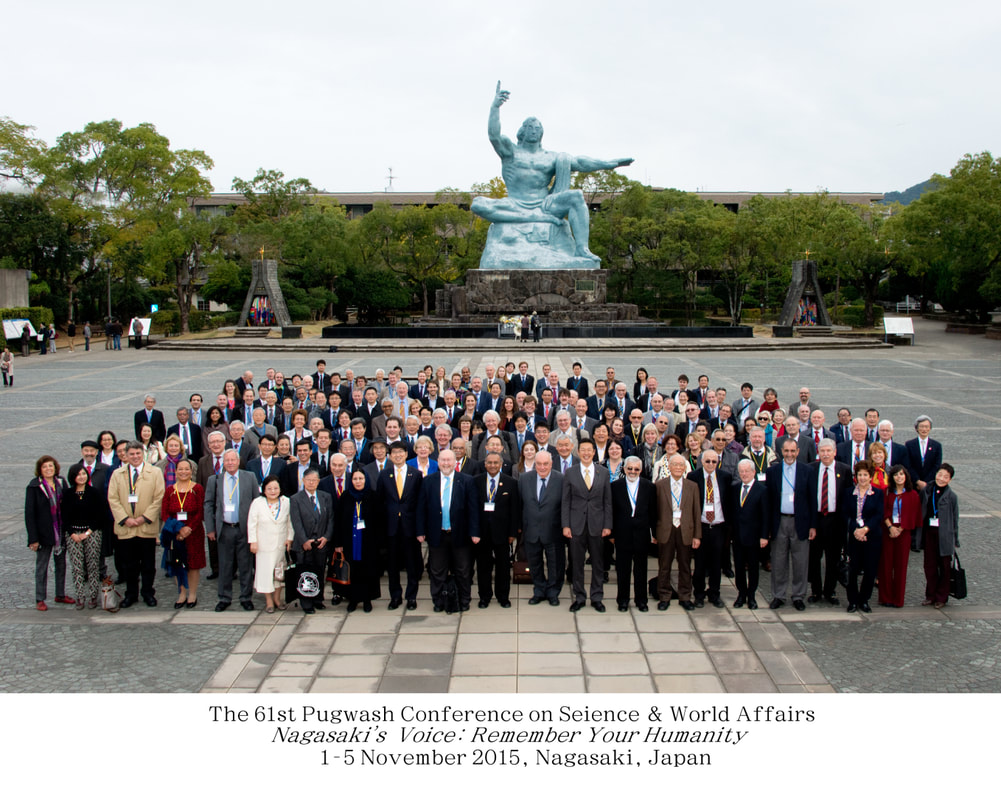
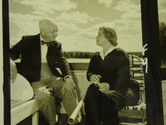
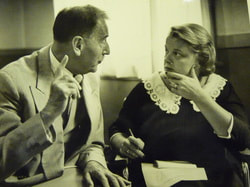
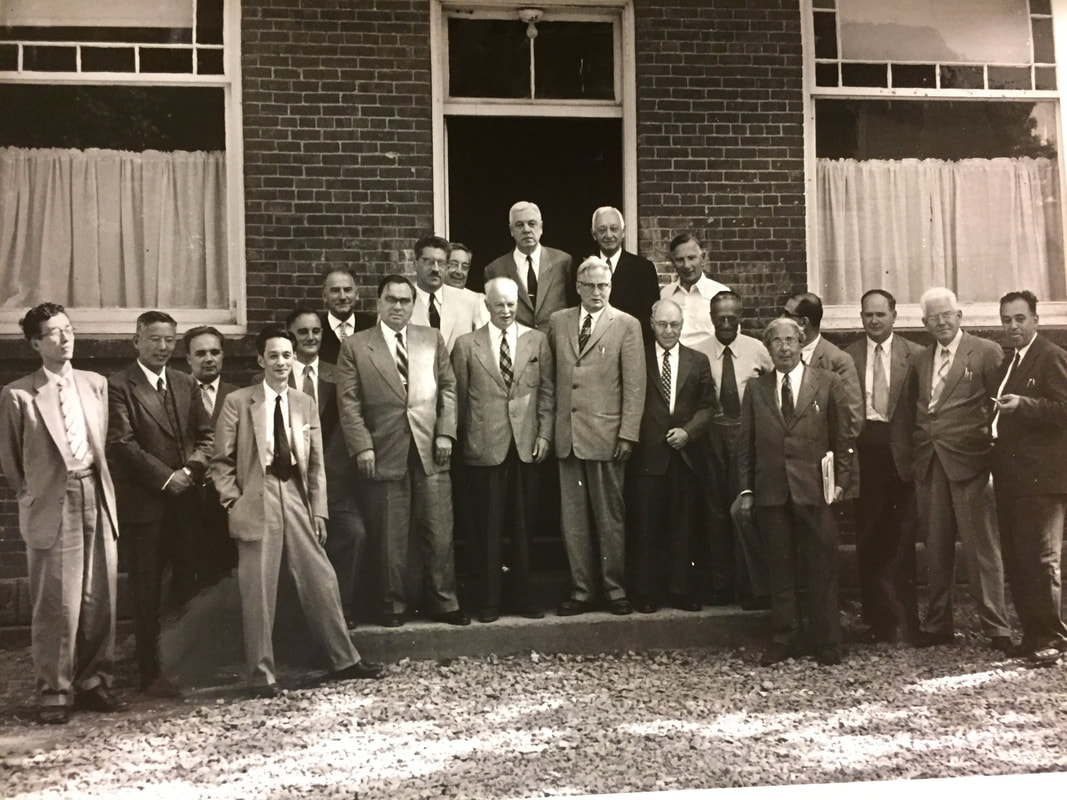
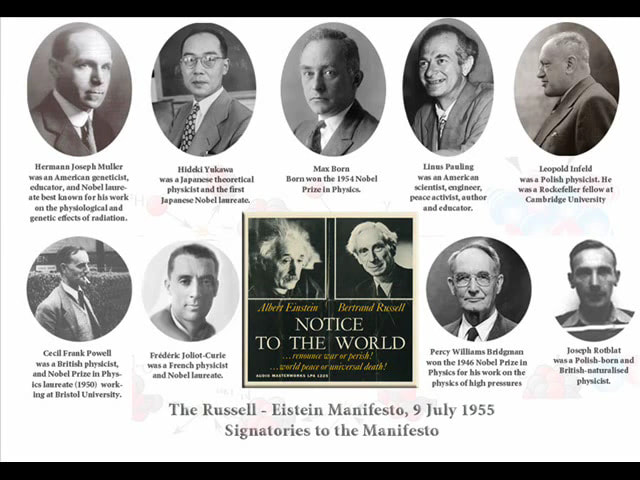
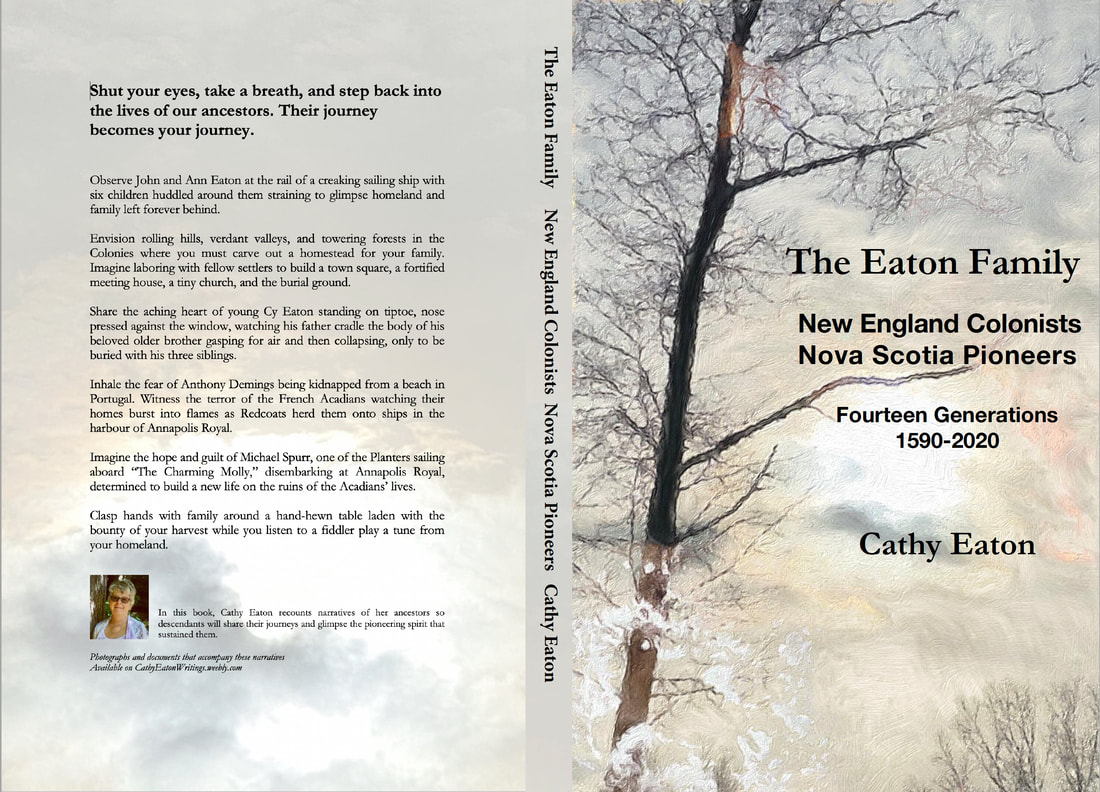
 RSS Feed
RSS Feed